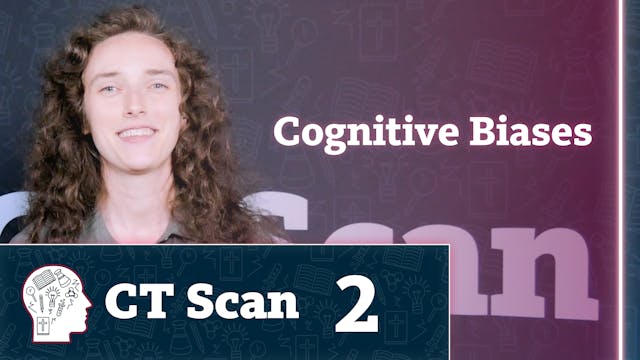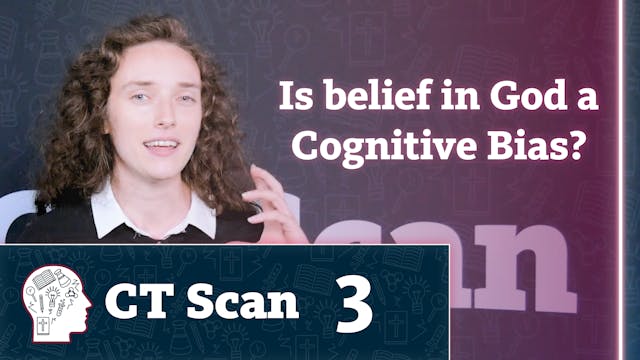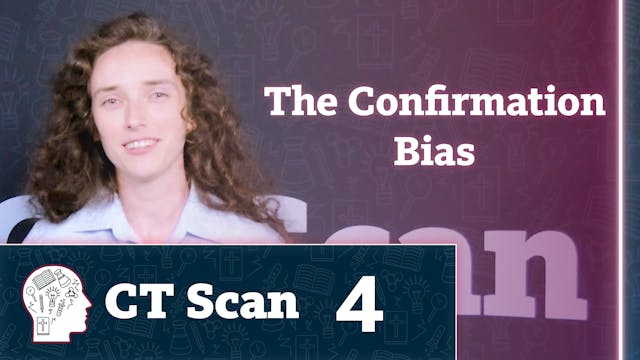CT Scan: Critical Thinking Scan
Why Bad Logic Often Sounds Persuasive
Season 4, Episode 1
•
12-Nov-2020
Let’s dive into the science of persuasion to see how propaganda and fallacies can sound so convincing. Most theories of persuasion look at two channels the brain uses to make decisions: one involves careful, logical reasoning, and the other involves more automatic, intuitive thinking. By taking advantage of mental shortcuts called heuristics our brains use to make decisions, propaganda exploits our automatic thinking processes to bypass logical thinking.
Up Next in S4: Cognitive Biases
-
Cognitive Biases
Our minds really do play tricks on us, thanks to faulty thinking patterns called cognitive biases. Propaganda often exploits these biases to bypass our logical decision-making. However, research shows that students who avoid cognitive biases are better critical thinkers. Let’s see some examples o...
-
Is Belief in God a Cognitive Bias?
Could belief in God be a psychological fluke? A popular claim is that religious beliefs resulted from the brain’s tendency to interpret effects (like sudden noises) as being caused by intentional beings (like burglars). Let’s see how to answer this argument with the 7 Checks of Critical Thinking.
-
The Confirmation Bias
It’s no secret that we humans tend to look for (and focus on) information which confirms our beliefs and expectations but pay less attention to information which contradicts them. This effect is so common there’s a name for it: the confirmation bias. Let’s see how this bias can affect the creatio...



